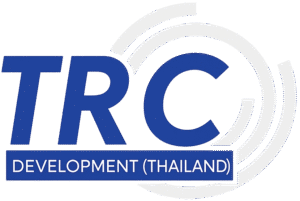บริการรับเขียนแผนธุรกิจ
สำหรับระดมทุนจากผู้ถือหุ้น เพื่อยื่นกู้ธนาคาร เพื่อประกอบการยื่นขอจดทะเบียน ต่าง ๆ วัตถุประสงค์ของการเขียนแผนธุรกิจ เพื่อนำแผนธุรกิจเสนอต่อบุคคลภายในและนอกองค์กร เพื่อนำเสนอข้อมูลภาพรวมกิจการ แนวคิดการวิเคราะห์ด้านการตลาด แผนการเงิน แผนการดำเนินการ ผังบุคลากรในองค์กร และแผนรองรับความเสี่ยงหากเกิดกรณีฉุกเฉิน ที่ส่วนที่สำคัญที่สุด คือ การคืนทุน หากลงทุนไปแล้ว มีวิธีการคืนทุนอย่างไร ด้วยวิธีไหนบ้าง สัดส่วนและระยะเวลาเท่าไหร่ พร้อมทั้งแสดงถึงความพร้อมและระบบของเจ้าของว่าได้มีการเตรียมการและวางแผนการทำธุรกิจมาอย่างดี



